New UN report finds marine debris harming more than 800 species, costing countries millions
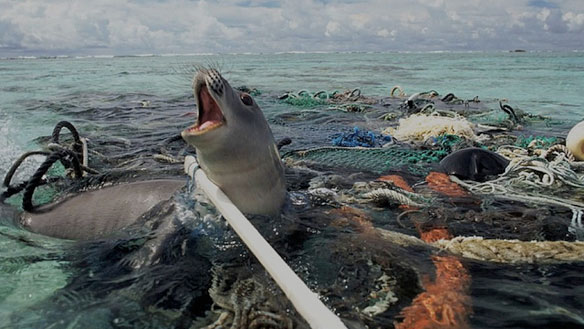
Marine debris is negatively affecting more than 800 animal species and causing serious losses to many countries’ economies, according to a United Nations report launched December 5th, 2016.
Researchers estimate 10,000 metric tons of plastic enter Great Lakes every year
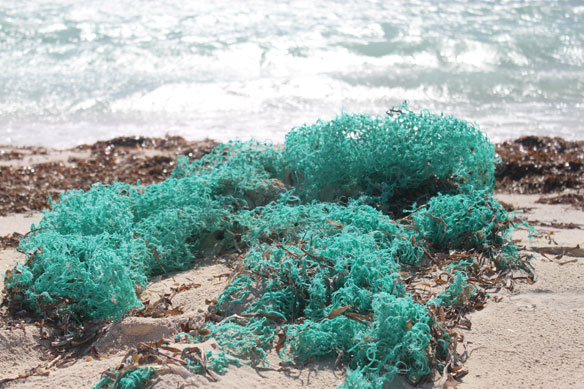
A new study that inventories and tracks high concentrations of plastic in the Great Lakes could help inform cleanup efforts and target pollution prevention. Researchers found that nearly 10,000 metric tons — or 22 million pounds — of plastic debris enter the Great Lakes every year from the United States and Canada.
Plastic Island: How our throwaway culture is turning paradise into a graveyard

The distance from humanity yawns out in front of you when you stand on the pale sands of this tiny Pacific island. Midway Atoll is just about the furthest piece of land from civilization and its constant engine whir, data and jostle. Standing on the island’s remote shoreline brings a calm and humility — until you look down at your feet.
Great Pacific garbage patch far bigger than imagined, aerial survey shows
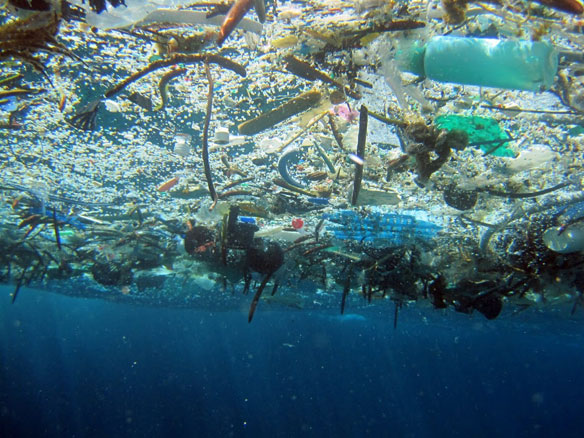
The vast patch of garbage floating in the Pacific Ocean is far worse than previously thought, with an aerial survey finding a much larger mass of fishing nets, plastic containers and other discarded items than imagined.
What Do A Band-Aid, Plastic Bag, And Balloon Have In Common?
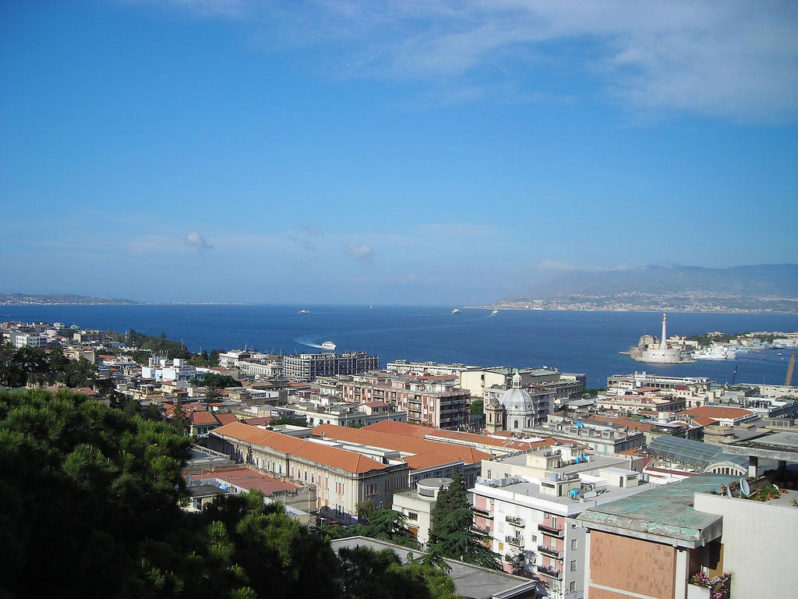
…” I saw all three In my 3.3km swim across the Strait Of Messina. Even though this waterway is known as a biodiversity hotspot, I saw no fish during what ended up being a nearly 5.2km swim…”
This Company Turns Plastic Bottle Trash From The Ocean Into Clothing

The New York City-based startup, Bionic Yarn, turns used old plastic bottles, some of which were recovered from ocean shorelines, and turns them into yarns and fabrics for clothing.
Not all bioplastics are created equal
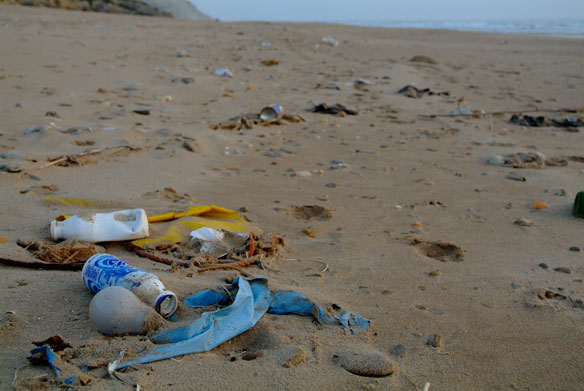
Conventional plastics are seen as environmentally unfriendly because they’re made from fossil fuels. However, as plastic production grows, plant-derived polyethylene terephthalate (BioPET) has been touted as a more environmentally friendly alternative to PET, a plastic primarily used in beverage bottles. But a new study suggests that’s not always the case.
France Becomes First Country To Ban Plastic Cups And Dishes
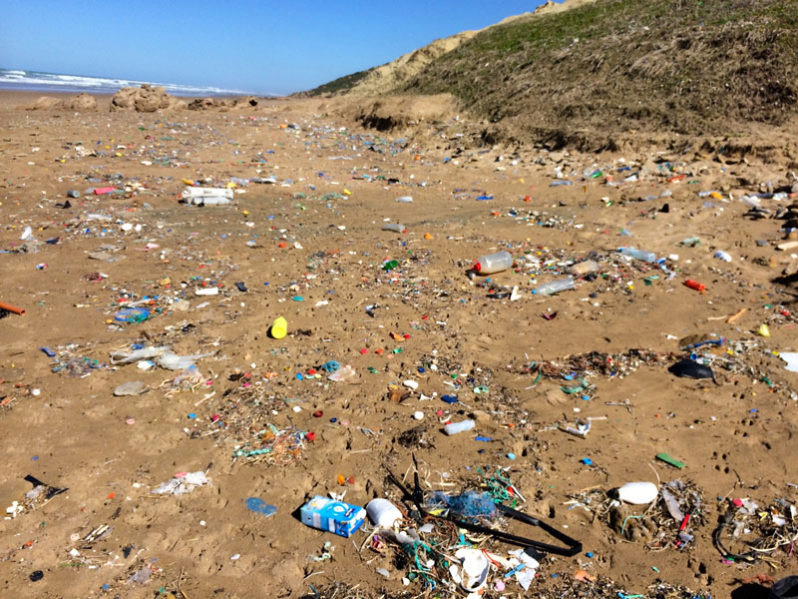
According to The Associated Press, France has become the first country in the world to ban disposable, plastic cups and dishes. Businesses have been given until Jan. 1, 2020 to comply with the measure.
When Coastal cleanups become a habit

Coastal Cleanups, which draw volunteers to help clean up coastline, rivers and streams, have helped educate people on the importance of keeping the waterways free of trash and debris. “Every day should be a day when we can make a difference.” “We pick up trash if we see it on a wildlife area or on a beach… “
